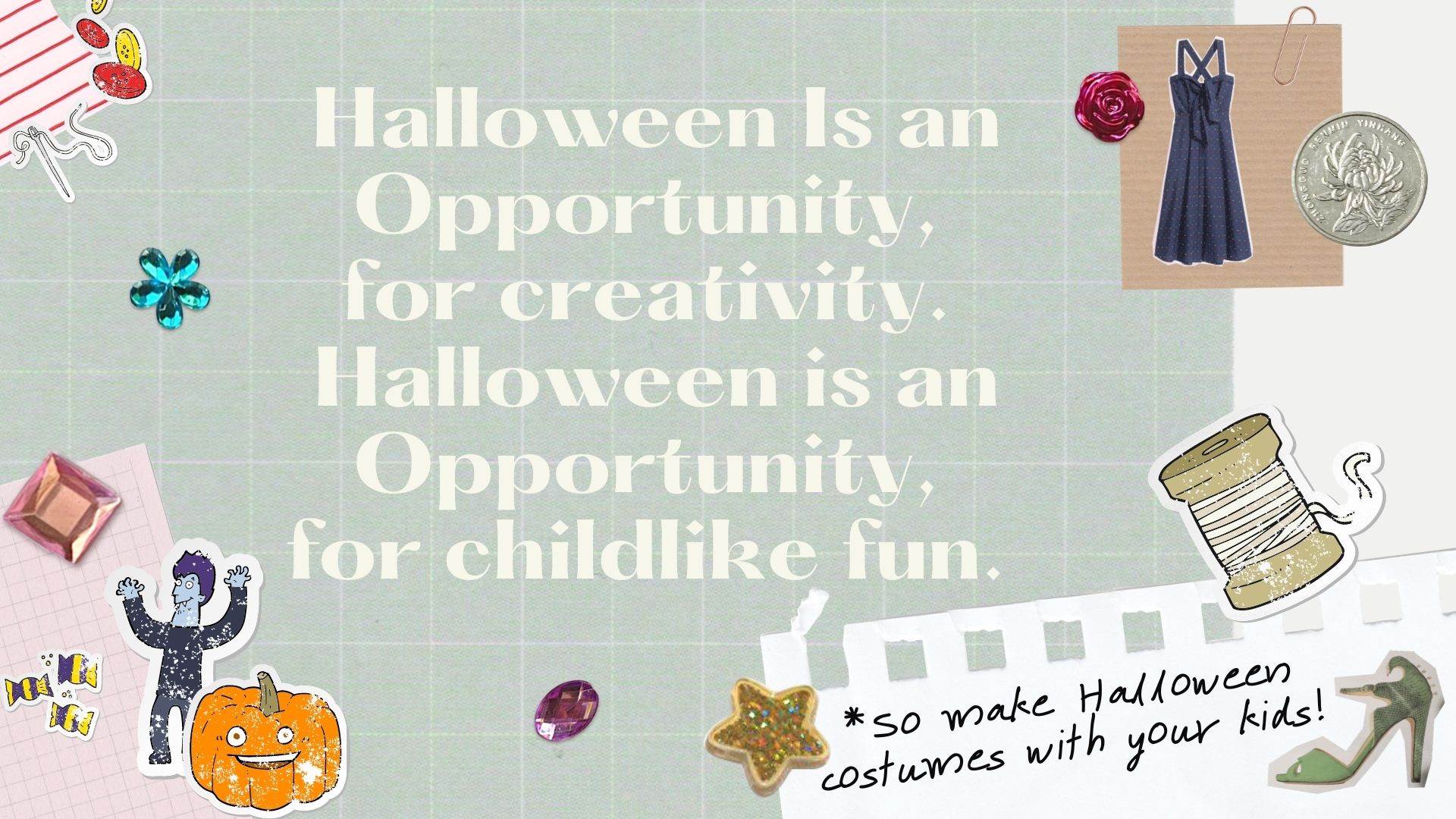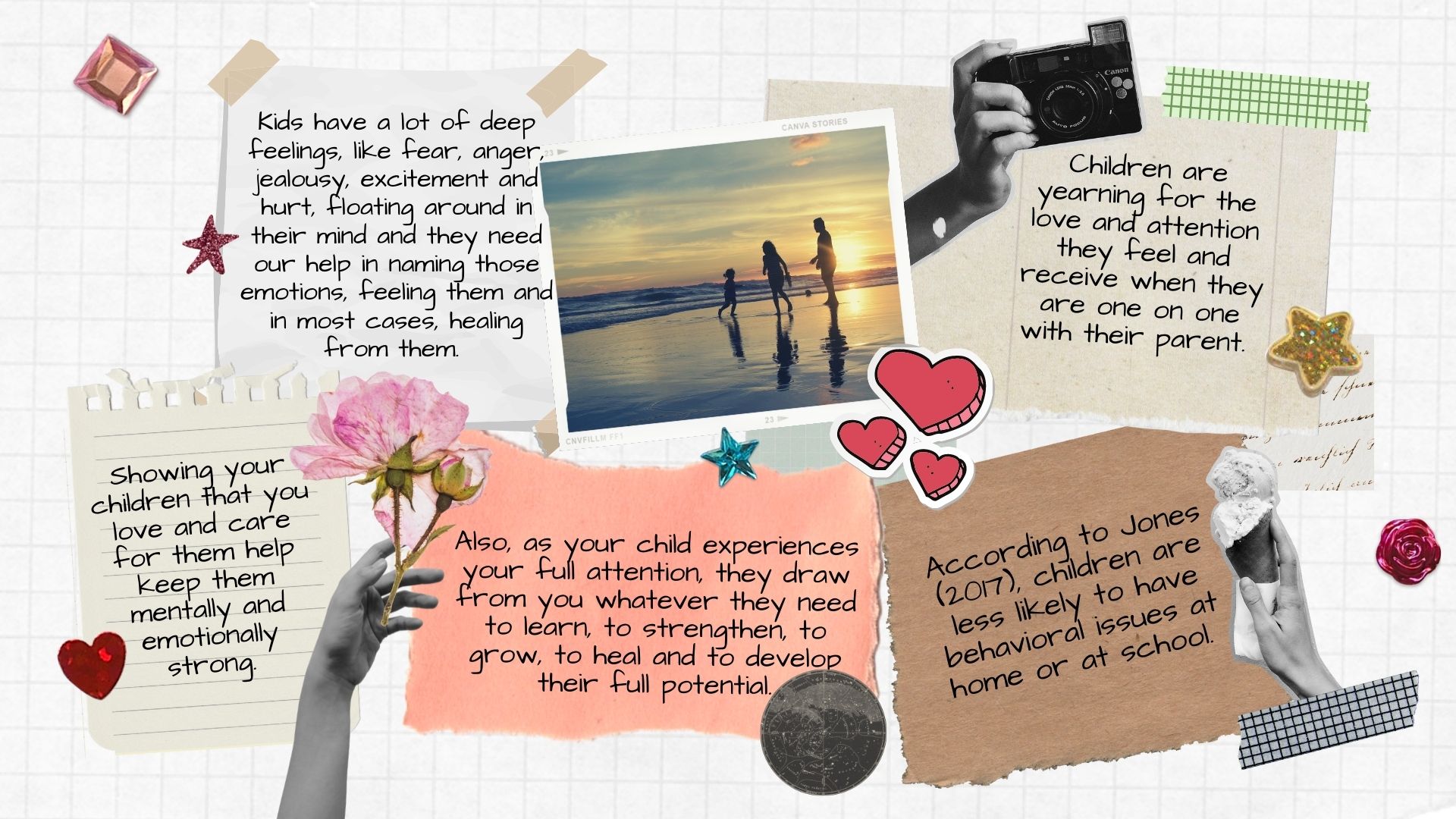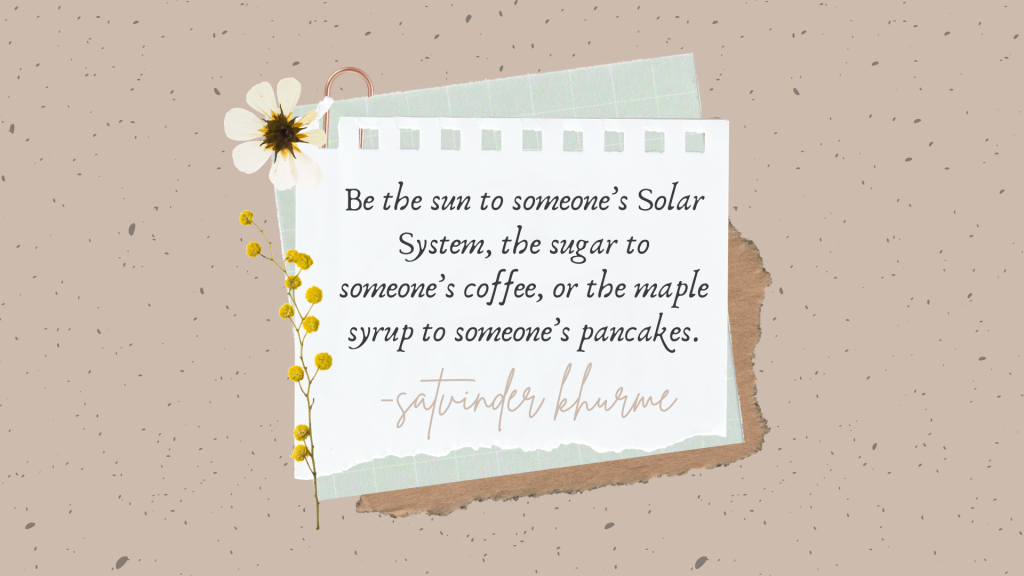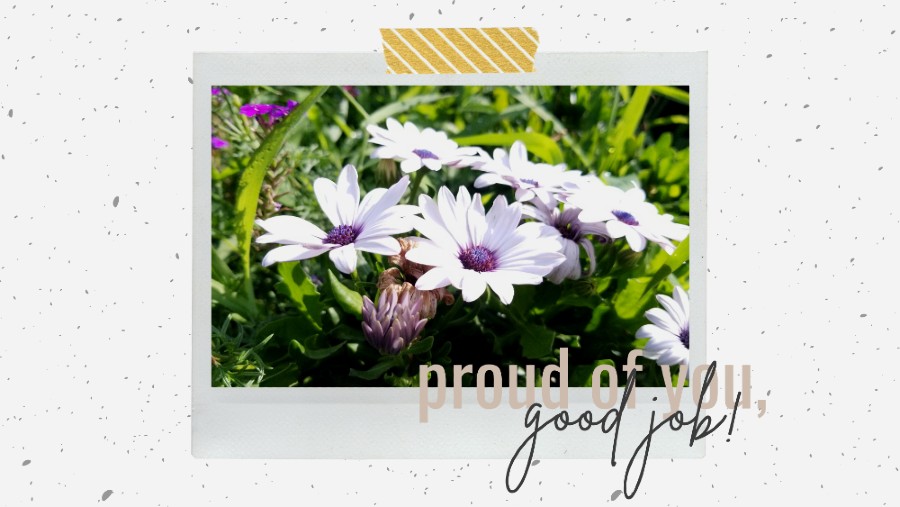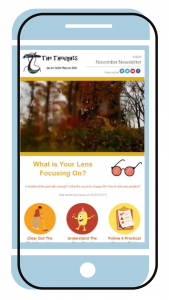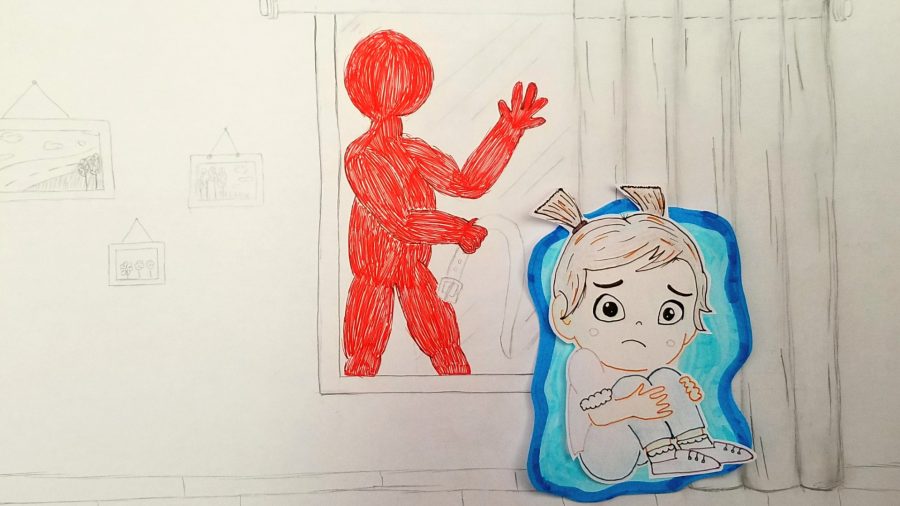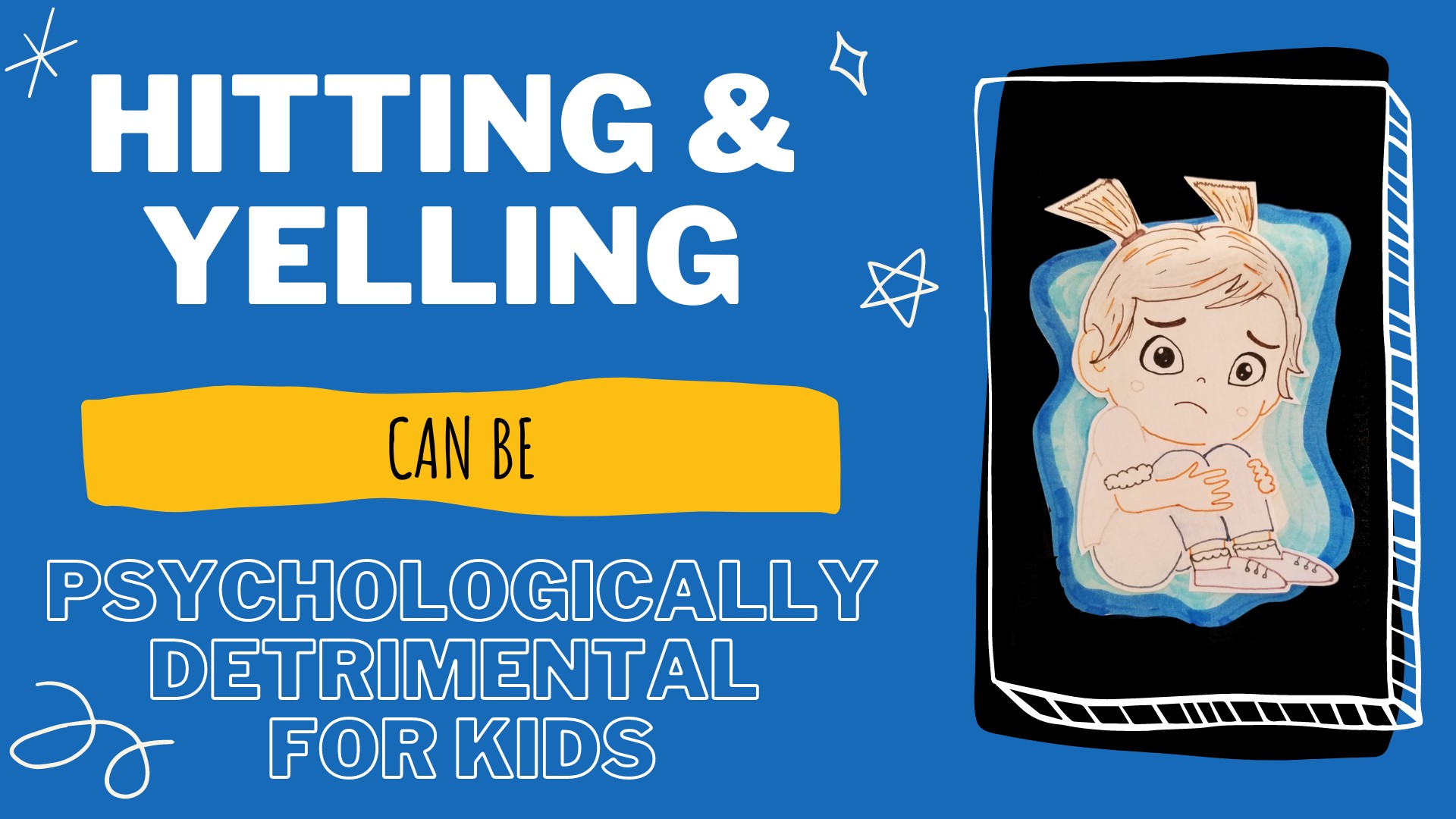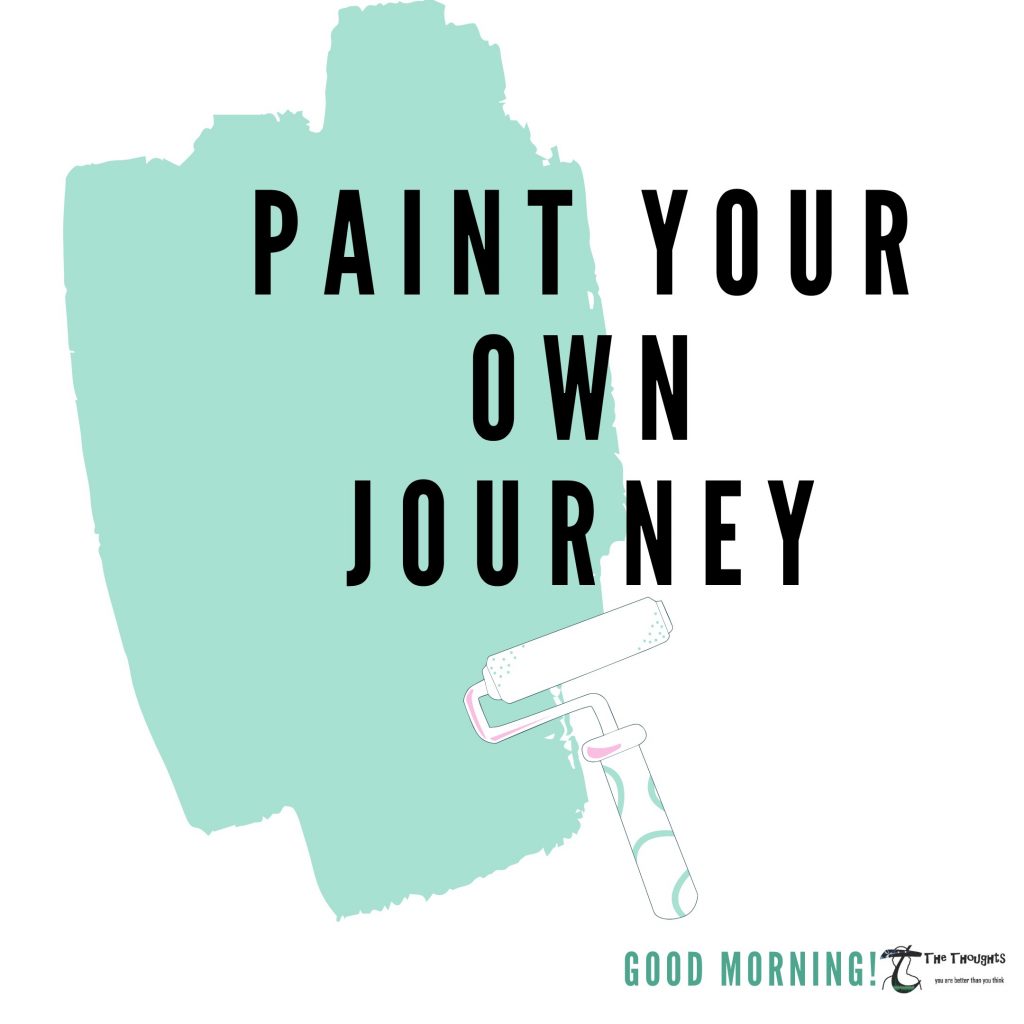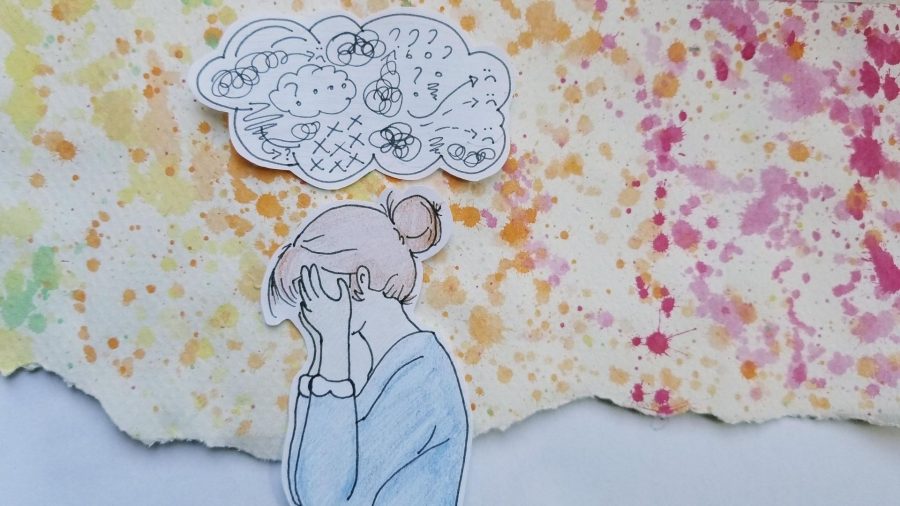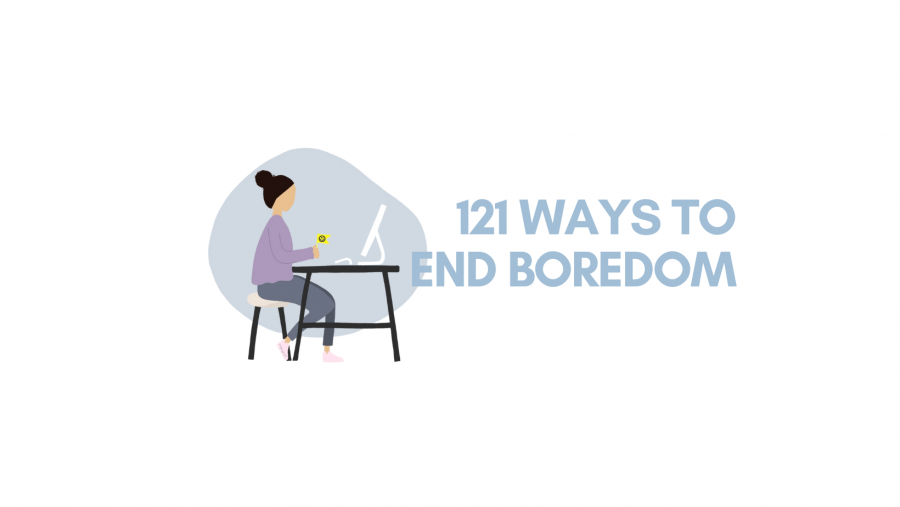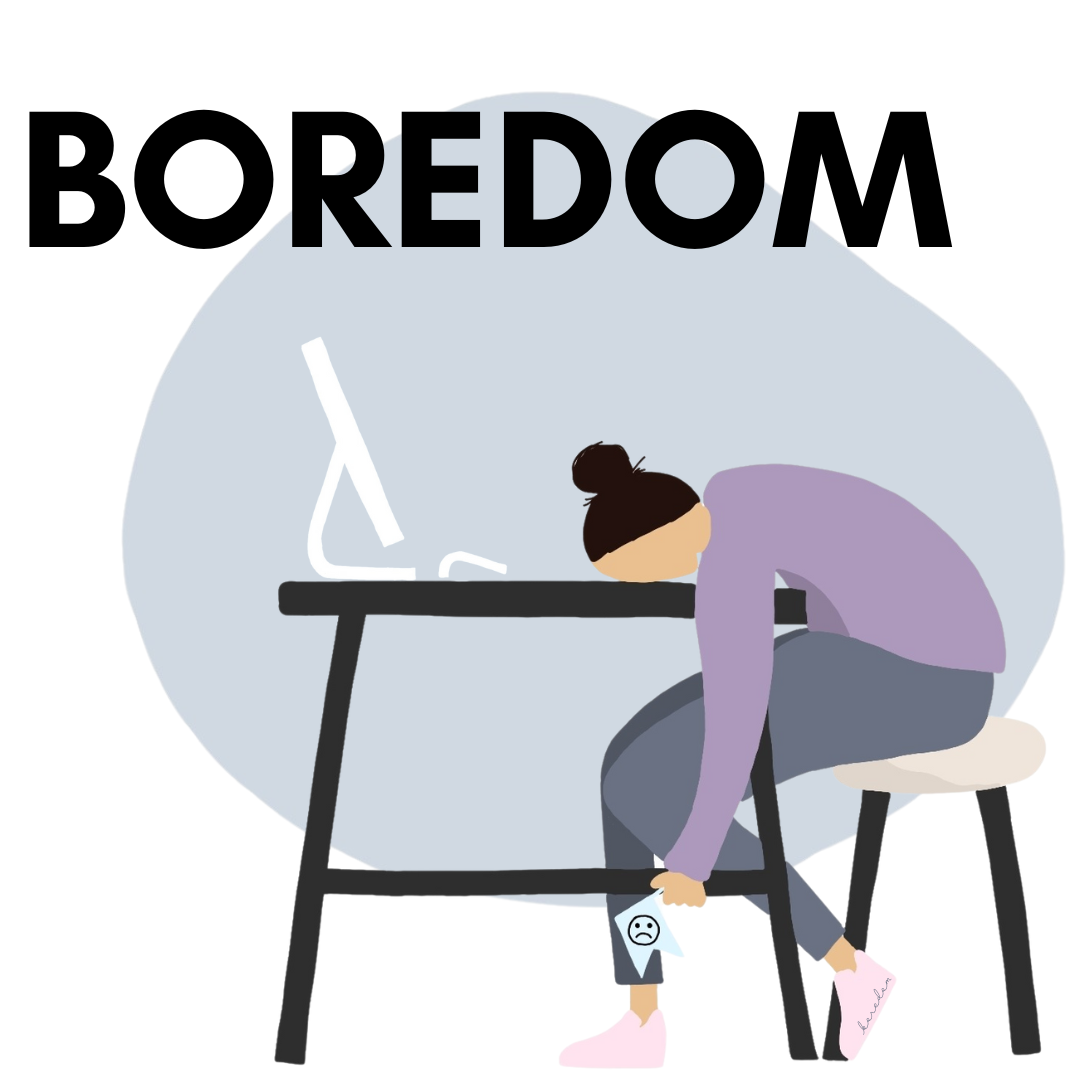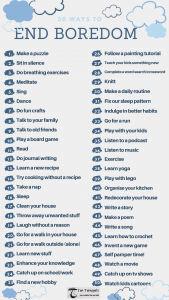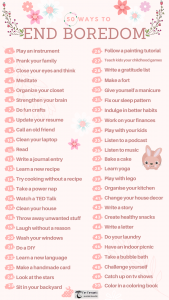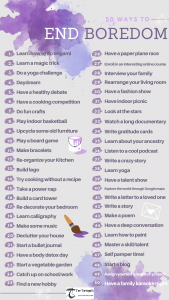Промо вавада выгодные предложения на лучшее развлечение
Сенсационные варианты для расслабления и восстановления сил ждут вас! Предлагаем рассмотреть варианты с проживанием у моря и удобным транспортом. Прямые рейсы, которые часто предлагают регионы побережья, с минимальными пересадками и максимальным комфортом. Затем выбирайте между косметологическими процедурами или экскурсиями, которые восхитят даже самых искушенных.
Не забывайте про выгодные условия на аренду автомобилей, чтобы исследовать живописные маршруты. Восхитительные пейзажи и уникальные местечки подарят вам яркие впечатления. Направляйтесь на гастрономический тур, где сможете насладиться местной кухней и найти новые любимые блюда.
Не упустите шанс забронировать номера с видом на океан по привлекательной цене! Эти моменты поистине остаются в памяти на всю жизнь.
Как выбрать идеальное направление для отдыха с Промо вавада
Определите, какие активности вас интересуют: пляжный досуг, исторические экскурсии или активные виды спорта. Например, если вам нравятся активные приключения, выбирайте места с хорошими условиями для альпинизма или водных видов спорта.
Обратите внимание на климат. Для спокойного расслабляющего отпуска выбирайте регионы с теплым погодным режимом в холодные времена года, а для активных тревел-приключений подойдут горные местности в любое время.
Учтите бюджет. Сравните цены на авиабилеты и проживание в разных городах. Порой, небольшие изменения в дате поездки могут значительно снизить затраты, а следовательно, увеличить ваши возможности для развлечений.
Исследуйте местную культуру и кухню. Если вас привлекает гастрономический туризм, выбирайте направления, известные своими уникальными блюдами и традициями. Попробуйте местные рестораны и рынки – это не только приятно, но и познавательно.
Определите длительность отдыха. Короткие поездки подойдут для посещения соседних стран, а на более масштабные путешествия стоит выделить больше времени. Это позволит расслабиться и насладиться процессом без лишней спешки.
Проводите предварительное исследование. Посмотрите отзывы туристов, которые уже побывали в интересующих вас местах. Не стесняйтесь задавать вопросы и уточнять детали.
Учитывайте транспортные возможности. Проверьте, как добраться до мест назначений. Удобное транспортное сообщение с аэропортами или ж/д станциями сделает поездку комфортнее.
Топ-5 эксклюзивных предложений для незабываемого путешествия
1. Круиз по Карибам на яхте с личным капитаном. Исследуйте укромные бухты и наслаждайтесь белоснежными пляжами. Каждый день новый маршрут и свежие морепродукты прямо с лодки.
2. Ретрит на Бали с программой медитации и йоги. Погрузитесь в атмосферу гармонии, оздоровитесь и попробуйте местную кухню из свежих фруктов и овощей. Уникальные практики помогут восстановить душевное равновесие.
3. Экспедиция в Антарктиду. Наблюдение за пингвинами и величественными айсбергами, а также ночевка на борту ледокола. Непередаваемые эмоции от ледяных просторов откроют новые горизонты.
4. Путешествие по Италии с гастрономическим акцентом. Посещение небольших семейных ресторанов, где можно услышать истории местных поваров и попробовать блюда, приготовленные с любовью, – это настоящая находка для гурманов.
5. Поездка на север Лапландии, чтобы увидеть северное сияние. Проживание в иглу отеле и вечерние катания на снегоходах создадут неповторимую атмосферу. Уютный вечер у камина с горячим шоколадом станет прекрасным завершающим аккордом.
Советы по бронированию и экономии с Промо вавада
Рассмотрите комбинацию перелетов и бронирования жилья через агрегаторы. Это может привести к значительным скидкам. Также следите за акциями и распродажами от отелей и авиакомпаний, чтобы поймать выгодные варианты.
Обратите внимание на места проживания с полной кухней. Это позволит сэкономить на питании. Вы можете готовить самостоятельно, уменьшая затраты на рестораны.
Не забывайте про возможность использования промокод вавада без депозита для значительной экономии. Такие коды часто действуют на первые покупки или предоставляют скидки на определенные услуги.
Сравните цены на разных сайтах и в приложениях. Иногда одного взгляда на меньше известные ресурсы достаточно, чтобы найти отличные альтернативы. Ставьте уведомления о снижении цен – это поможет поймать момент, когда цена упадет.
Проверяйте отзывы о выбранных вами объектах. Это может предотвратить неожиданные разочарования и дополнительные расходы в будущем. А еще, участвуйте в программах лояльности, чтобы накапливать бонусы для следующих поездок.
